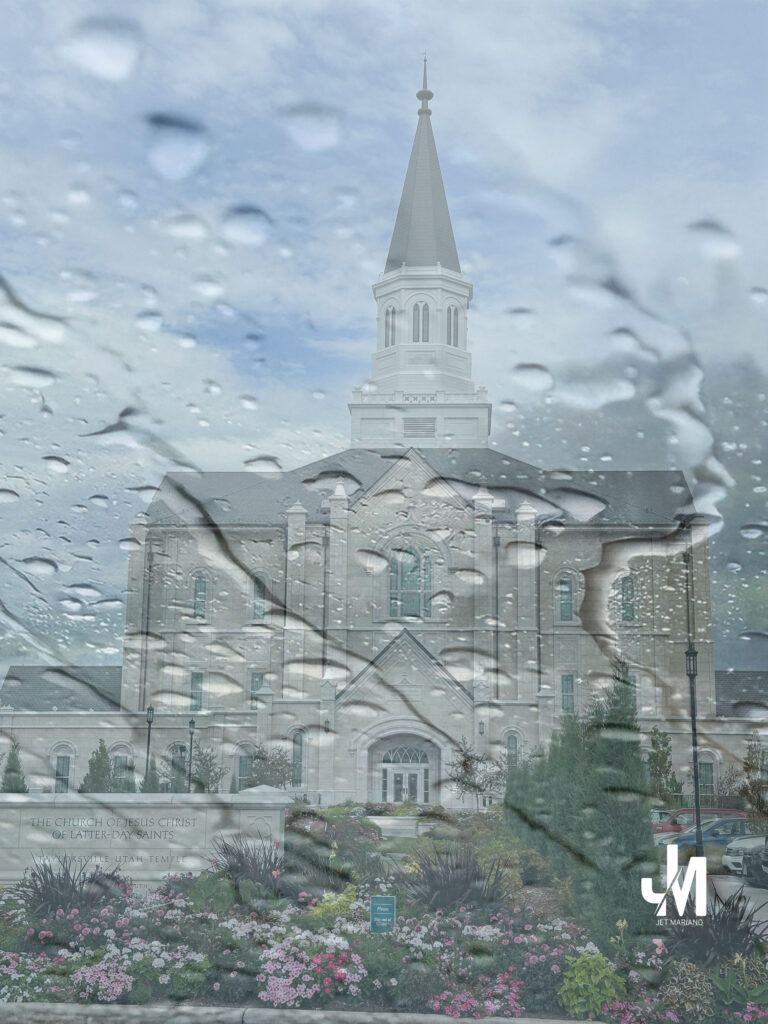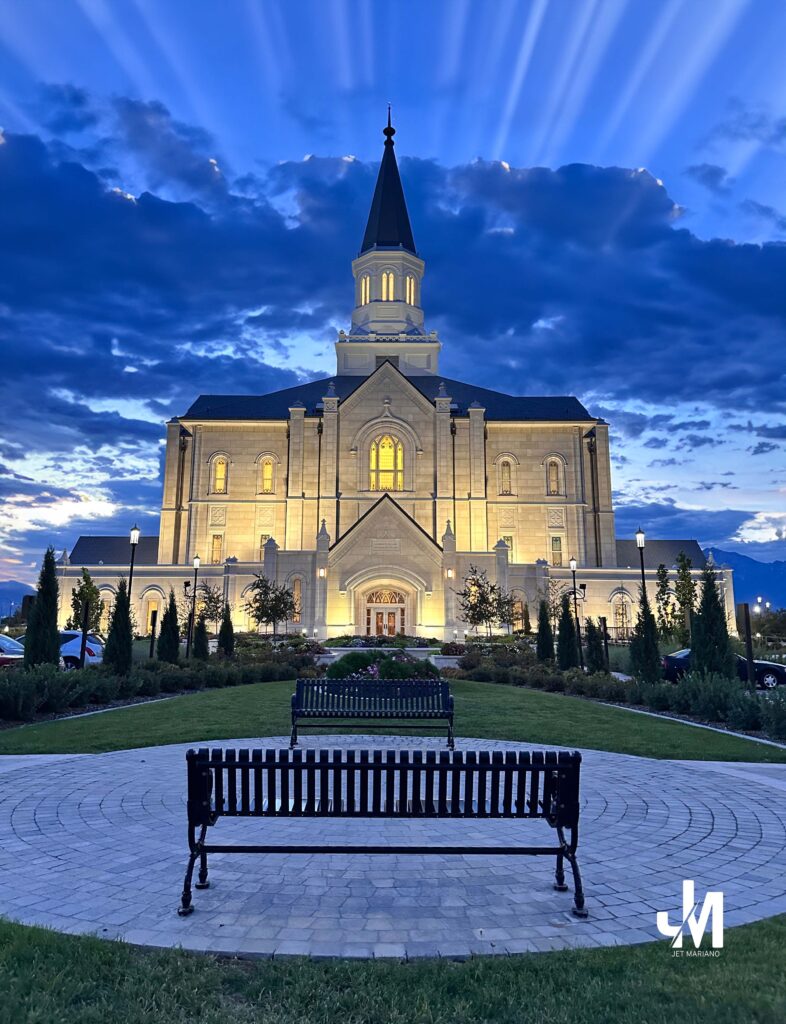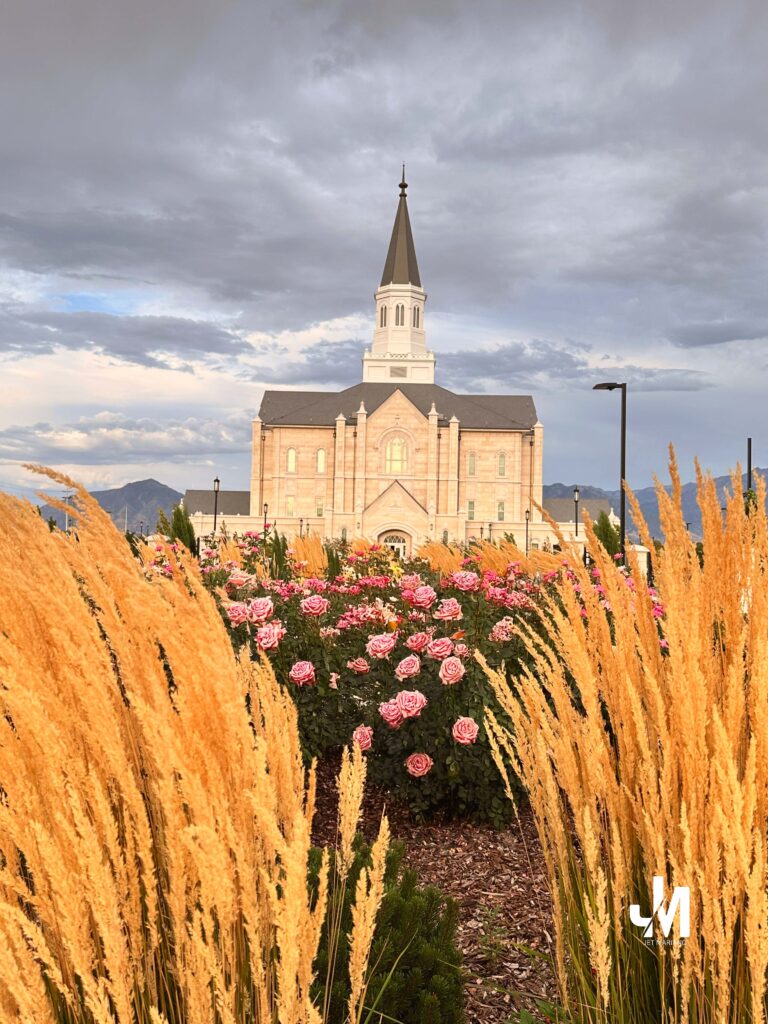
Personal Note
I listened to this 37-minute devotional more than twenty times from yesterday to today. It felt like a magnet—I couldn’t let go of it. I even fell asleep with it playing.
Intro
The Three Forms of Suffering:
1. Suffering from Sin and Stupidity
Quote: “There’s the kind of suffering we undergo which is very real and that’s the suffering that happens because of sin and stupidity. We do dumb things. We do things that are wrong. And then we suffer.”
This first type of suffering is a direct consequence of our own poor choices, mistakes, or sins. It’s a natural outcome of actions that go against divine or moral laws.
2. Suffering as a Part of Life Itself
Quote: “There’s a second form of suffering and that goes just because it’s a part of life itself. The scriptures say the Lord maketh the rain to fall on the just and the unjust alike.”
This refers to the universal hardships and natural adversities that affect everyone, regardless of their righteousness. These are inherent stresses and strains built into the mortal experience.
3. Soul-Stretching Suffering (The Highest Form)
Quote: “But there’s a third form of suffering which is the highest form of suffering… There is that suffering brothers and sisters which we undergo in life because we believe because of who we are. It is that kind of suffering which comes to us because God loves us and will stretch our souls.”
This is the most profound type of suffering, intended for our growth and refinement. It comes from a loving God who seeks to stretch our souls and help us achieve our divine potential, even when we don’t understand the reasons in the moment.
Excerpt
A beloved apostle mapped out a way to face “first-class challenges” with first-class discipleship—seeing suffering clearly, choosing joy over pleasure, and letting God stretch the soul He loves.
Notes from the Devotional
1. Make Jesus the Light of Your Life
Quote: “Make Jesus the light of your life. And then by his light, see everything else. He is your best friend. And if you will worry most about what that friend thinks about you, you’ll be safe.”
This counsel encourages prioritizing a relationship with Jesus Christ above all else. By focusing on what He would have us do, we can find true safety and guidance.
Perspective
7. The Difference Between Pleasure and Joy
Quote: “Sometimes young people need help telling the difference between pleasure and joy… pleasure is plastic… It’s like the cotton candy you buy at the amusement park or the fairgrounds. It melts quickly in your mouth... But you will never find a substitute for joy.”
This insight distinguishes between fleeting, superficial happiness (pleasure) and a deep, lasting state of being (joy). He reminds us that while pleasure is a temporary sensation, joy is an eternal principle centered in Christ.
Practice (today, not someday)
8. Righteousness as a Reflex
Quote: “Righteousness has to become a matter of reflex. There are too many temptations and too many circumstances in life for you to always give an intellectual analysis of the sin or temptation… You’ve got to have good reflexes.”
He taught that living righteously must become second nature. Through consistent practice, our choices should become automatic, allowing us to respond correctly to temptation without prolonged deliberation.
The Loneliness of Righteousness (narrative bridge) — #20
Quote: “When Shadrach Meshach and Abednego three young men were thrown into the fiery furnace that was heated to a temperature so hot that the men who tended the furnace died. The scriptures tell us as the three of them walked around in the midst of that furnace unharmed The scripture then says ‘And there was a fourth figure in the fire and its form was likened to the son of God.’ When you are passing through these trials and some of those lonely moments the Lord will be especially close to you.“
Elder Maxwell used this powerful biblical account to illustrate that even in moments of extreme loneliness or adversity due to righteousness, the Savior is intimately present and provides comfort and protection. This reinforces the idea that choosing to live righteously, even when it means standing alone, brings us closer to God.
Final Reflection
16. The Stretched Soul
Quote: “Believe in yourself not only for what you now are but for what you have the power to become… Someone has said that the soul is like a violin string. It makes music only when it is stretched. And because he loves you the Lord will stretch your soul.”
This powerful analogy illustrates that growth requires discomfort. The challenges and hardships we face are not random but are purposeful, serving to refine us and help us reach our full potential.
Pocket I’m keeping
9. Guard Your Storehouse of Memories
Quote: “Be very careful about what you let come inside your storehouse of memories. Those memories will be there for a very long time.”
This is a call to be mindful of what we expose ourselves to, as our experiences and what we consume mentally become part of our inner spiritual landscape for the rest of our lives.
What I hear now
12. Bad Breaks and Disguised Opportunities
Quote: “Remember that bad breaks need not ruin a good man or a good woman. They may even make him or her better as they did Joseph in Egypt… So often… in life opportunity comes disguised as tragedy.”
This point offers a hopeful perspective on adversity. It suggests that even the most difficult experiences can serve as catalysts for personal growth and may contain hidden opportunities for a greater good.
Link to the Devotional: “Guidelines for Righteous Living” Elder Neal A Maxwell, Oct 9, 1979 BYU-Idaho Speeches
© 2012–2025 Jet Mariano. All rights reserved.
For usage terms, please see the Legal Disclaimer.




